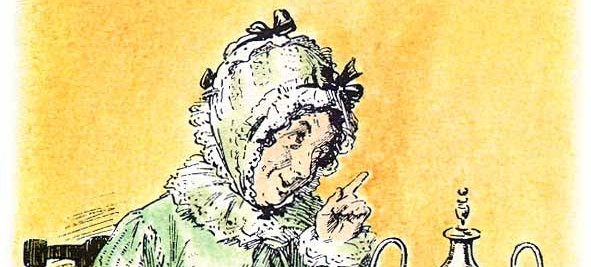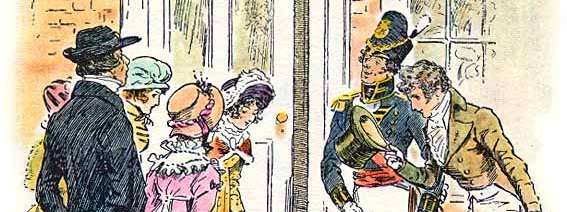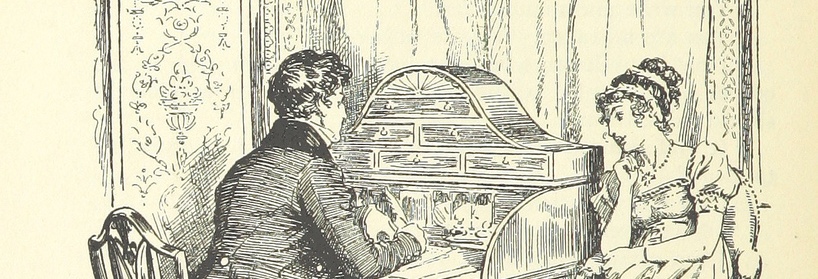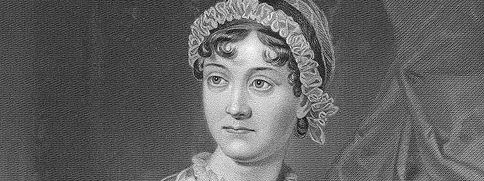
Josie Lynn’s Blog
-

Dress For Success, Elizabeth
Tip 4: Don’t be sloppy. Maybe you feel comfortable in sweats, but do you want the job or not. Don’t model Eliza Bennet’s casual approach to making an impression.
-

Become a World-Class Networker (Like Mrs. Bennet)
Tip 3: Mrs. Bennet was right, but even a stopped clock is right twice a day. Sometimes is it who you know.
-

Don’t Bad-Mouth Your Former Boss, Wickham
Tip 2: Don’t be a Wickham. Don’t speak ill of a previous employer at a job interview. Here’s what to say instead.
-

What’s Your Worst Quality, Mr. Bingley?
Tip 1: Like Mr. Bingley, learn to master the indirect boast when asked, “What’s your worst quality?”
-

Everything (About Job Interviews) I Learned From Jane Austen
How Jane Austen’s wisdom helped me get not so bad at dreaded job interviews.
-

A few of my favorite…books (Childhood edition)
Hello, I’m sharing my top twenty favorite books that I read as a child. These are the books that inspired me to be the writer I am today.
-

Introducing Maxwell Parker, P.I.
I’d love to introduce you to my character, Maxwell Parker and her new book that’s coming out this summer.
